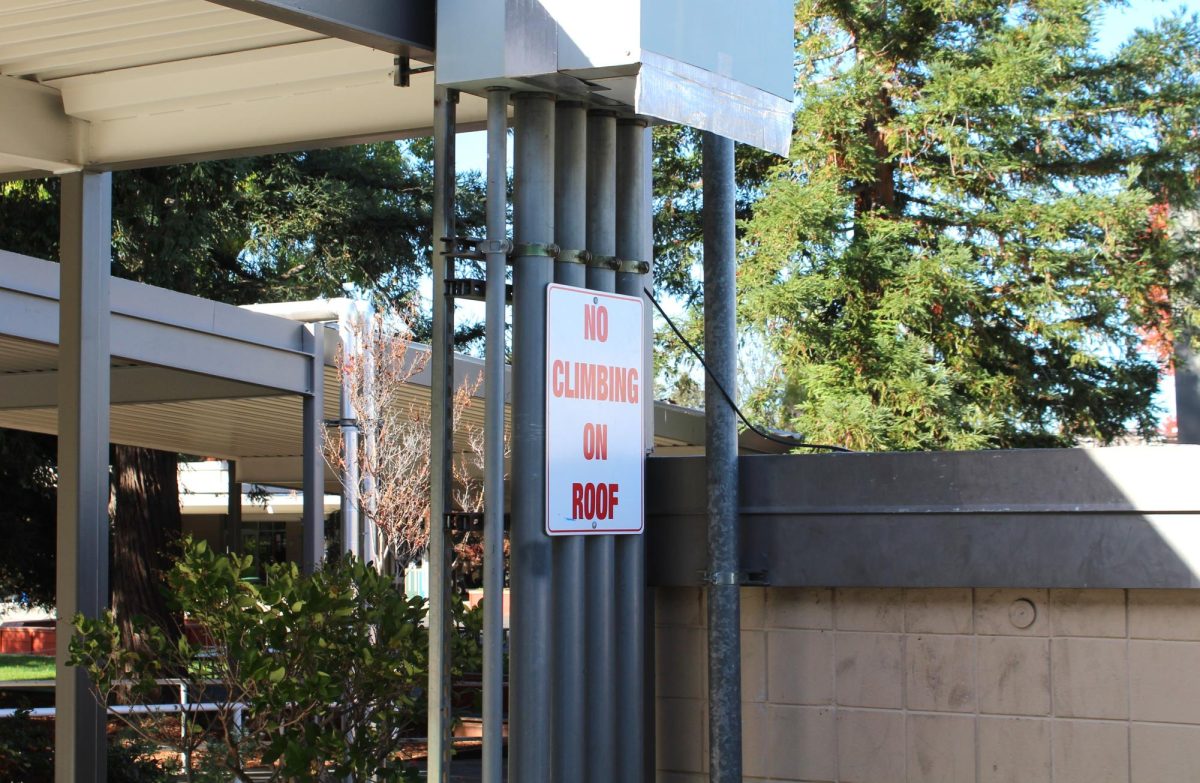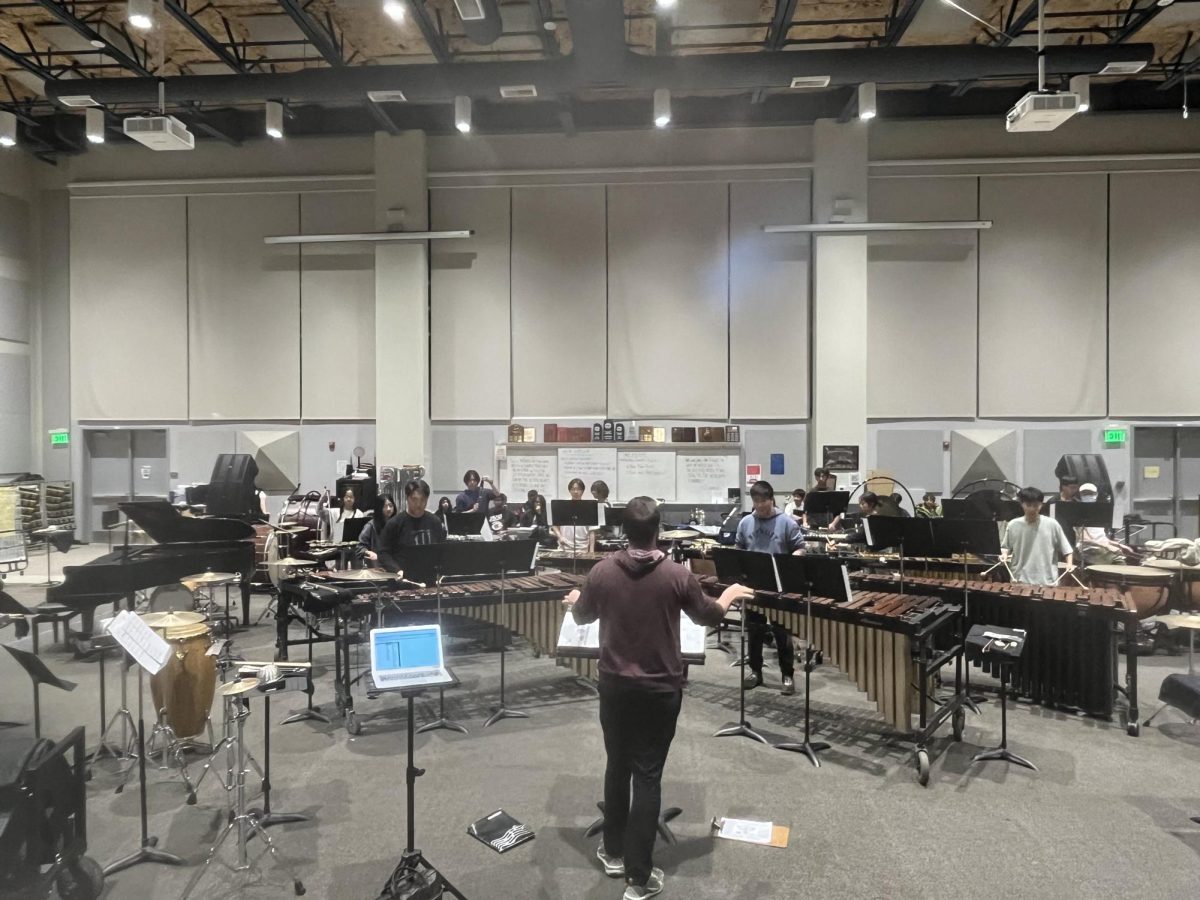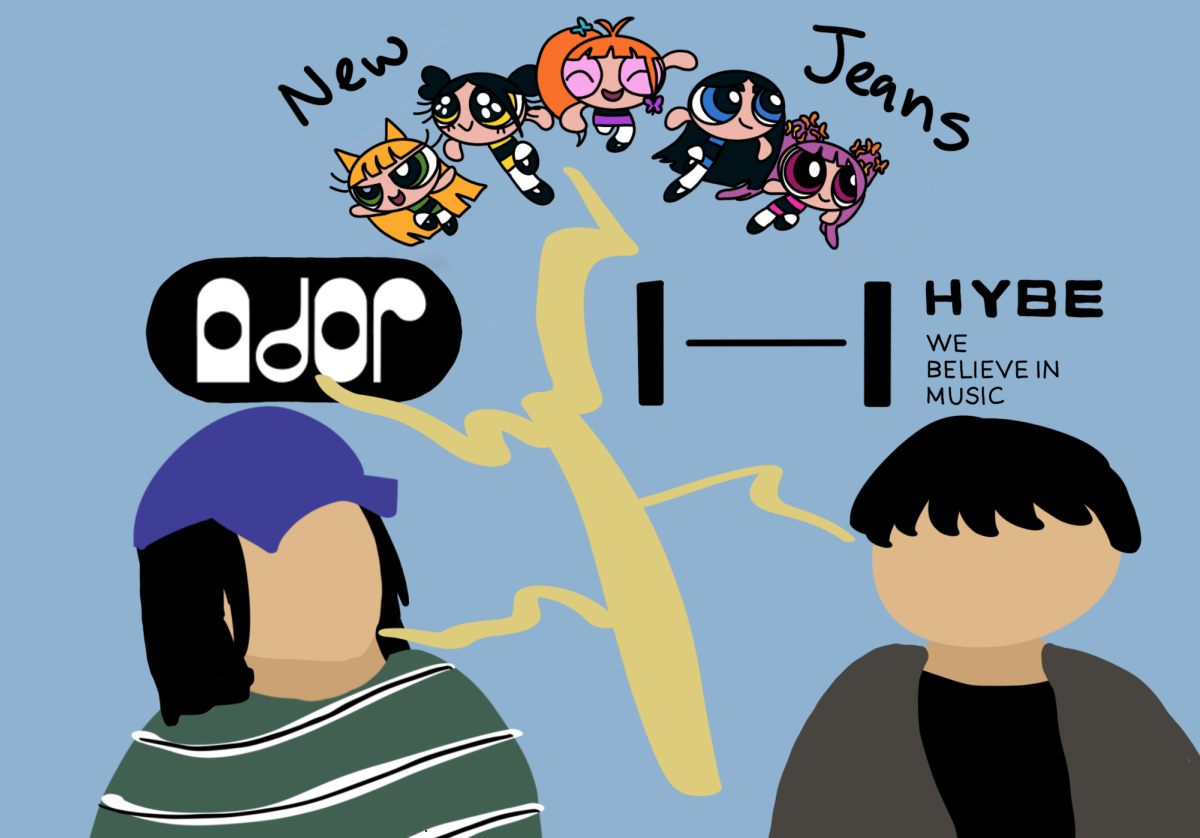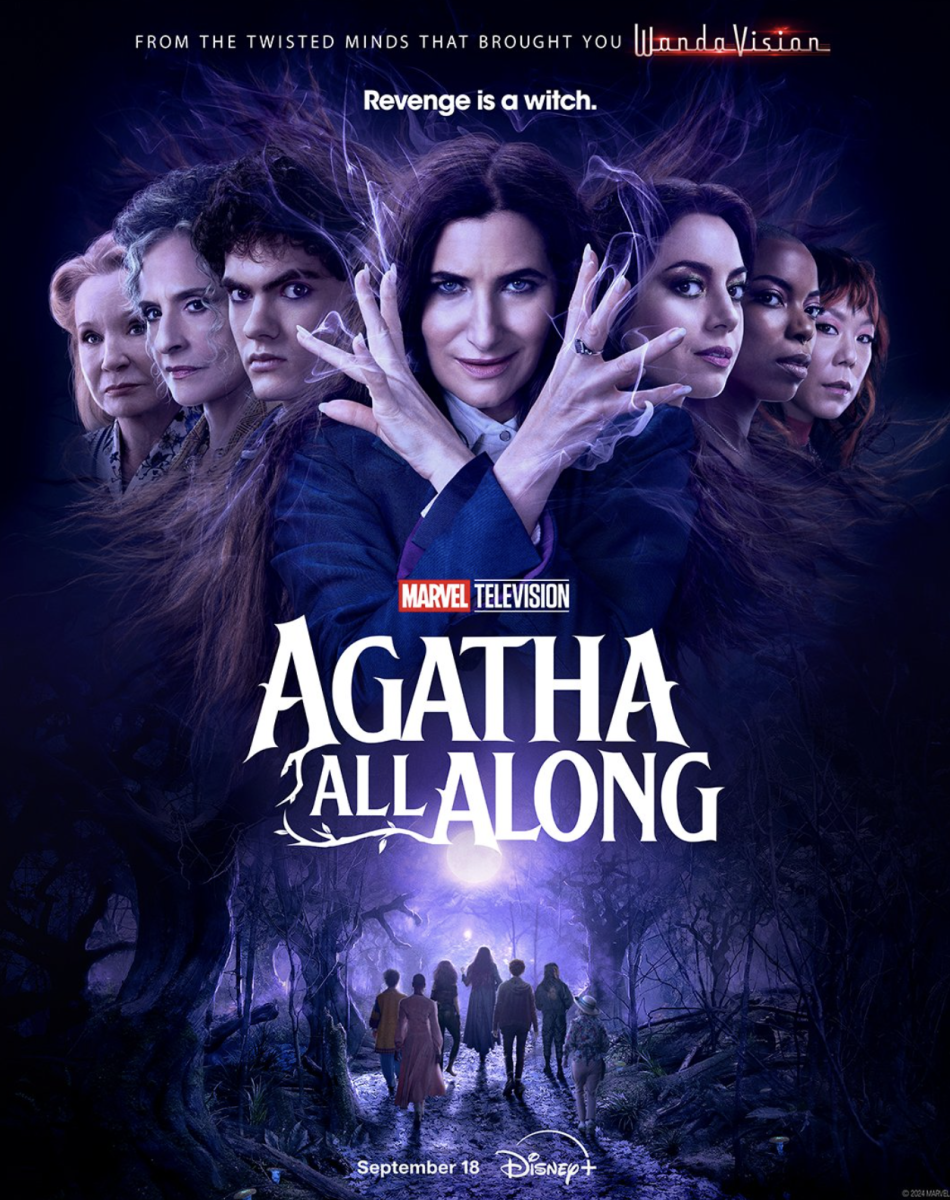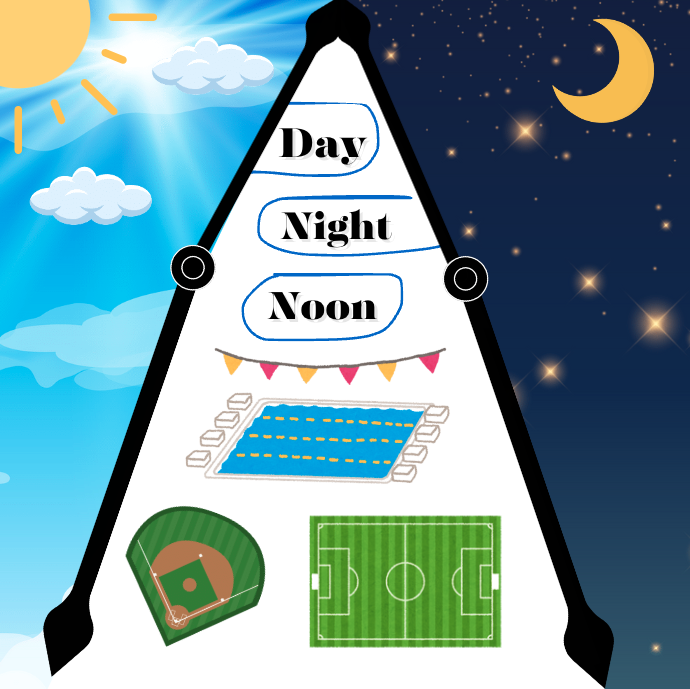Black Friday has lost its luster.
Once the largest shopping day of the year, it no longer holds the title as the Goliath of shopping days. RetailNext, a company that tracts retail shopping numbers, predicts that Dec. 23 will be the biggest shopping day of the year.
Last year, Black Friday sales fell 12 percent compared to the $10.2 billion in sales the year before.
So why does it seem like people simply no longer want to shop on this holiest of shopping days?
The first reason is that more stores are opening their Black Friday sales days or weeks in advance. Amazon, for instance, began offering deals through its “Countdown to Black Friday” on Nov. 1.
Other large retailers also followed suit, including Target, Walmart and Best Buy.
Ted Potrikus, president and CEO of the Retail Council of New York State, said to Business Insider that “if stores aren’t on board, they run the risk of being left behind. People love shopping, but they love saving money even more.”
Getting people to shop earlier also reduced risks of injury and even death for Black Friday shoppers. With so many early deals on popular products, there isn’t the need to line up early or fight massive crowds to get the best deals.
In addition to these recent shifts in marketing by retail giants, there are still a number of other reasons that Black Friday simply isn’t worth it anymore.
The deals stores offer are not that great. In fact, Kyle James, founder of Rather-Be-Shopping.com, said some popular deals on Black Friday can actually be found cheaper during other times of the year.
Toys, for instance, are generally less expensive 10 days before Christmas, and winter apparel prices drop significantly as soon as the spring rolls around.
The other reason for the decline of Black Friday is the rise of Cyber Monday. Amazon, for instance, offers better deals in tech and apparel on Cyber Monday than most other brick and mortar stores. Why risk getting trampled in a crowd when you can get even better deals from the comfort of your own home?

